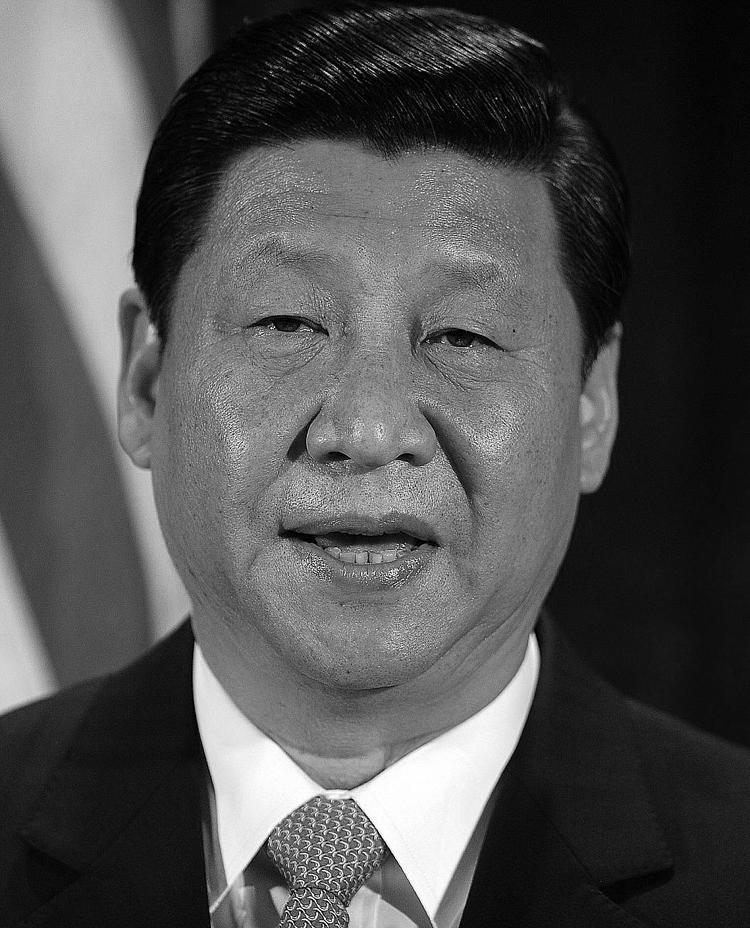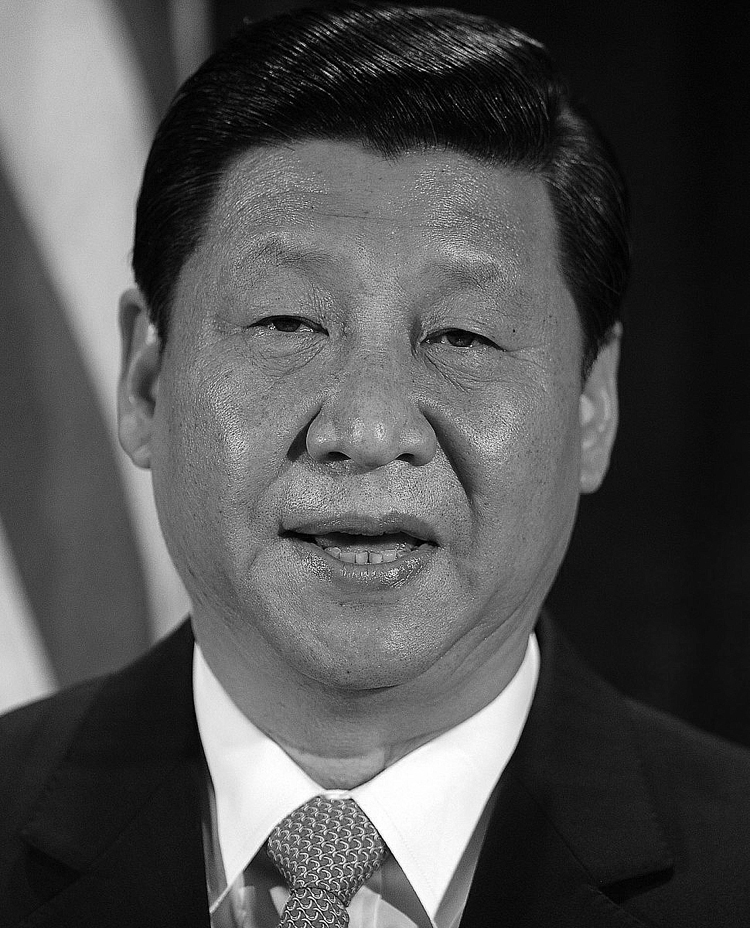WASHINGTON—In a speech that consisted mostly of platitudes—partly of warnings, and garnished with several dabs of propaganda—Vice Chairman of the People’s Republic of China Xi Jinping gave the major policy address of his current visit to the United States to a gathered audience of business and political leaders at the Marriott Wardman Park hotel on Feb. 15.
Xi’s speech gave a set of standard emphases of mutual respect and strategic trust between China and the United States, and a series of figures and factoids that attempted to demonstrate that the U.S. policy orthodoxy of “engagement” with China—with no rocking of that boat—was the best possible course the United States could steer.
A conga-line of preliminary remarks and panegyrics preceded Xi’s address—from U.S.-China Business Council president John Frisbee, the organization’s chairman and CEO of The Coca-Cola Company Muhtar Kent, Secretary of Commerce John Bryson, chair of the National Committee on U.S.-China Relations Carla A. Hills, and finally Henry Kissinger, who welcomed the high-level Chinese guest.
A key theme Xi emphasized was “mutual respect and mutual benefit.” As in, “I have come to further implement the important agreement reached between Hu Jintao and President Obama, and advance the building of cooperative partnerships between China and the U.S. based on mutual respect and mutual benefit.”
About half of the address consisted of similar statements.
Xi said the decades of U.S.-China relations since Nixon’s rapprochement in 1972 have brought “stability and prosperity in Asia-Pacific and the world at large,” and likened ties between the countries to “an unstoppable river that keeps surging ahead.”
The presumptive new leader of the Chinese Communist Party, come fall of this year, also put the United States on watch. He said that the United States should adhere to the “one China policy, oppose Taiwanese independence, and support peace across the strait with concrete actions.” This may be in reference to the U.S.’s selling of weapons to Taiwan.
Xi also said, “We hope the U.S. will truly honor its commitment to keeping Tibet part of China, and will handle Tibet-related issues in a prudent manner.”
Xi added, “History shows that when we properly handle each other’s core interest, China-U.S. relations will grow smoothly and stably. Otherwise they will be in trouble.”
However, he used the term “cooperation” or “cooperative” more than 20 times in the 15-minute presentation.
Greg Autry, co-author of the book “Death by China“ and a critic of the current U.S.-China relationship, said ”the constant need for him to reiterate these statements makes it clear that there’s an underlying tension in the relationship,” in an interview with The Epoch Times.
Click this tag to read The Epoch Times collection of articles on the Chinese Regime in Crisis. Intra-CCP politics are a challenge to make sense of, even for veteran China watchers. Here we attempt to provide readers with the necessary context to understand the situation.
On the broader issue of the wish for cooperation and harmony, Clyde Prestowitz, founder and president of the Economic Strategy Institute, does not doubt that Xi Jinping is sincere about harmonious relations. But these sentiments fail to address “the underlying dynamic that will drive them apart,” Prestowitz said in a telephone interview.
This underlying dynamic is that the United States and China will always have difficulty “playing by the rules,” as formulated recently by President Obama, because they are actually playing entirely different games when it comes to economic, trade, and industrial policy, according to Prestowitz.
In the apparently substantive parts of Xi’s address, several claims were made that do not appear to be fully truthful, or can be understood as propaganda, according to these experts.
For example, Xi said that China’s “reform of the Renminbi exchange rate formation mechanisms” has played an “important role” in reducing the country’s trade surplus. But Prestowitz noted that China’s exchange rate mechanisms have in reality not been altered much.
“It intervenes every day in currency markets, buying one billion dollars every day in order to maintain the dollar as an overvalued currency,” Prestowitz said. “There’s no way he can claim that currency policy is helping the situation.”
Xi also said that if the United States loosens its export restrictions of civilian high-tech goods “as soon as possible,” this will help balance China-U.S. trade. Prestowitz said that this would not make much of a difference. “The amount of potential exports they’re talking about is really small. Nothing they’re talking about would have measurable impact on the trade deficit. It’s just a propaganda point.”
Greg Autry thought there might have been something more unpropitious in Xi’s suggestion. “What they want is for us to export high technology products that they can copy, often for military purposes, and to begin more manufacturing of even higher-tech products in China, which will steal many of our last few remaining valuable jobs in the United States,” he said.
Toward the end of his speech, Xi indulged in a several-minute diversion in which he told a small, seemingly unrelated story about an old man in the United States who on his deathbed fondly remembered his childhood in a particular Chinese town. The man’s memories of his youth, which he spent in China before the communist revolution, were meant to symbolize the strength of U.S.-China ties.
Xi also claimed that in his meetings with Congressional leaders Harry Reid and John Boehner (R-Ohio) today, the two sides “reached new and important consensuses and achieved fruitful results.” A Boehner spokesperson, Brittany Bramell, could only refer The Epoch Times to a statement made by Boehner’s office on the meeting. It does not describe the discussion as fruitful, or refer to any consensuses reached.
Instead, the note says that Boehner and his colleague House Majority Leader Eric Cantor (R-Va.) expressed ongoing concerns about human rights violations in China. They delivered to Xi a letter about the plight of Gao Zhisheng, a civil rights lawyer who is currently in jail, and who has been tortured multiple times in extralegal custody over the last few years. The office provided a photo of the meeting, in which Boehner fixes a stern-looking expression on the Chinese visitor.






